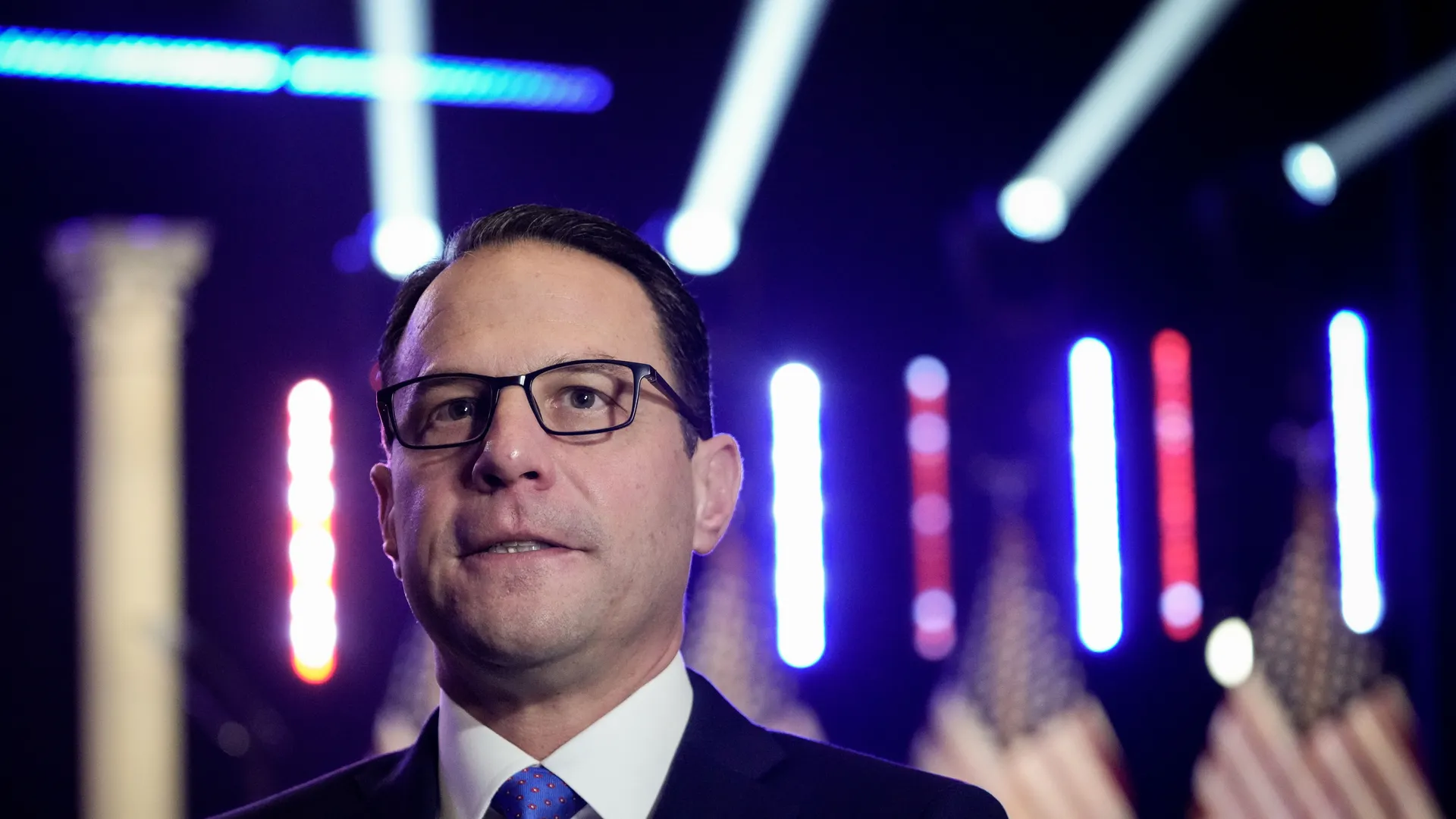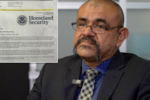PHILADELPHIA — In his latest budget proposal, Governor Josh Shapiro has once again called for the legalization of recreational marijuana for adults, as part of his $51.5 billion budget pitch. This marks the third time Shapiro has made this push since taking office. The proposal comes as nearly every state bordering Pennsylvania has already legalized adult-use cannabis sales.
This year, Shapiro’s projected revenue from the legal cannabis industry has grown dramatically. From an estimate of $14.8 million in revenue from cannabis legalization in his proposal last year, Shapiro now predicts that Pennsylvania could see $535.6 million in its first year of legalization, mostly from licensing fees. Furthermore, the state could raise $1.3 billion in the first five years through taxes on cannabis sales.
A Potential Game-Changer for Pennsylvania’s Budget
For many Democrats in Harrisburg, Shapiro’s proposal seems like a sensible way to bring in new revenue and help fill Pennsylvania’s budget gap. With a $4.5 billion shortfall looming over the state, the revenue generated from marijuana sales could provide the financial cushion needed. However, Republicans have expressed concerns over the state’s handling of its medical marijuana program, and they also fear safety risks associated with full legalization. These concerns might hinder progress on the matter this year.
According to the Shapiro administration, the state’s $535.6 million estimate is based on conversations with officials in neighboring states that have already legalized marijuana. A significant chunk of this revenue is expected to come from licensing fees, which could total over $500 million. Despite these optimistic projections, some state Senate Republicans have accused Shapiro of inflating the numbers to cover a budget hole.
The governor’s proposed tax rate of 20% on cannabis sales is also higher than those in neighboring states, which could have an impact on Pennsylvania’s competitive edge.
Neighboring States’ Cannabis Revenue: A Look at the Numbers
While West Virginia remains the only state bordering Pennsylvania that has not legalized recreational marijuana, several of its neighbors have already seen impressive revenue from cannabis sales.
In New Jersey, recreational marijuana sales surpassed $1 billion in 2024, and the state collected over $43 million in tax revenue from a 6.625% sales tax. New Jersey also imposed an additional 0.33% social equity excise tax to support communities negatively affected by marijuana criminalization.
New York, which legalized recreational marijuana in 2021, is also seeing substantial revenue from cannabis sales. The state brought in $67 million from tax and fee revenue in the first half of the fiscal year, with total sales exceeding $800 million.
Maryland, which began adult-use cannabis sales in July 2023, is expected to surpass $1 billion in sales in 2024 and generate over $100 million in tax revenue.
Delaware is preparing to launch its recreational marijuana market on April 1, with expectations of raising between $28 million and $42 million annually from its 15% sales tax.
Ohio, which started selling recreational marijuana in August 2024, has a 10% sales tax and plans to split its cannabis tax revenue among several funds, including those for social equity programs and substance use treatment.
Could Pennsylvania Follow Suit?
Shapiro’s proposal outlines a plan for the Department of Agriculture to oversee the recreational cannabis program in consultation with the Department of Health. The proposal includes provisions for funding, including $2.25 million for enforcement and expungement of criminal records related to marijuana offenses, $10 million for restorative justice initiatives, and $15 million for the Department of Agriculture to operate the program. Sales would begin as soon as July 1, 2026, under Shapiro’s plan.
Pennsylvania’s existing medical marijuana program has already created significant infrastructure, including over 25,000 jobs and nearly 200 dispensaries. This positions the state well to expand the cannabis market to all adults aged 21 and older.
Despite the potential benefits, legalizing recreational marijuana in Pennsylvania is not without its challenges. GOP leaders in the state Senate remain opposed to the idea, citing concerns over the federal classification of marijuana as a Schedule I drug and the state’s troubled medical marijuana rollout. They also fear that legalization could have negative effects on communities.
A Changing Landscape for Cannabis Legalization
As the debate continues, Pennsylvania lawmakers face a deadline of June 30 to pass the state’s budget. Shapiro’s proposed cannabis revenue could play a critical role in filling the state’s budget gap, but whether lawmakers will back the proposal remains to be seen.
With 24 states already legalizing recreational marijuana and 39 states having medical marijuana programs, Pennsylvania is at a crossroads. The state’s leaders must decide whether to follow the lead of their neighbors and legalize cannabis to boost revenue or face a growing budget deficit without the benefits of cannabis sales.
As the conversation continues, all eyes will be on Pennsylvania’s lawmakers to see whether the state will join the ranks of those profiting from legal cannabis or remain on the sidelines as neighboring states cash in.
Disclaimer – Our team has carefully fact-checked this article to make sure it’s accurate and free from any misinformation. We’re dedicated to keeping our content honest and reliable for our readers.








